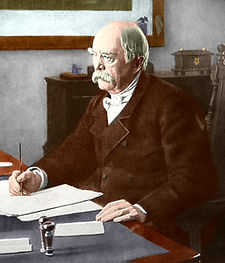 Well, I know we still have one more presentation to watch, but I thought I’d offer a couple quick comments about the whole idea.
Well, I know we still have one more presentation to watch, but I thought I’d offer a couple quick comments about the whole idea.
As professors, faculty members are often critical of the idea that we should be forced to entertain students. A lot of this study is hard work. But it reaches to profound questions of meaning and identity. We shouldn’t have to be stand-up comedians to engage our students. But at the same time, there are some powerful ways to approach the past – that bring the past to light, that reveal the lives of those who are gone, that help us wrap our minds around the past – that are both informative and attention-grabbing.
Altogether, I’ve really enjoyed these presentations. They made us sit up a bit and pay attention AND delivered some important messages about the past. My young friends from the Montessori enjoyed them immensely. And these were just a first effort. I felt that with a bit more research and preparation and a bit more practice, these kinds of presentations could reach a broad audience of students, introducing them to the excitement of historical study and to the complexity of the past.
Well done.
 It seems that everyday I open the paper there is some bit of news or commentary that calls to mind the history we’ve been studying. Here’s one from this past week.
It seems that everyday I open the paper there is some bit of news or commentary that calls to mind the history we’ve been studying. Here’s one from this past week. Alright, well, it was officially over when the armistice was signed on November 11, 1918. That marked the end of hostilities. The peace treaties of 1919, such as the Versailles Treaty, promised an accounting of the war. But it was only a couple weeks ago that the war reparations charged to Germany in the Versailles Treaty were fully paid off. See
Alright, well, it was officially over when the armistice was signed on November 11, 1918. That marked the end of hostilities. The peace treaties of 1919, such as the Versailles Treaty, promised an accounting of the war. But it was only a couple weeks ago that the war reparations charged to Germany in the Versailles Treaty were fully paid off. See